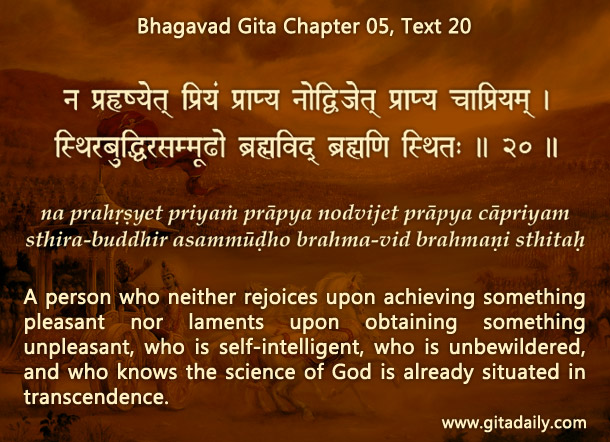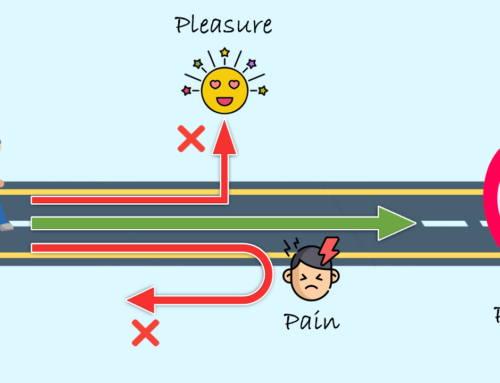Go beyond both negative thinking and positive thinking – Life is filled with binaries of ups and downs. In the world outside, we encounter binaries such as heat-cold, health-sickness, prosperity-poverty. And in the world inside, we encounter mental binaries such as pleasure-pain, love-hate, anticipation-apprehension. These dualities are like waves in the ocean — they are unstoppable and they keep us unstable.
Negative thinking looks for the downs in life’s binaries, hoping to minimize or eliminate them. And whenever feasible, we can avoid negatives such as troublesome situations or troubling emotions. But by life’s ephemeral nature, events and emotions will sometimes go south; we need to learn to live with them.
In contrast, positive thinking looks for the ups in life’s binaries, hoping to prolong and perpetuate them. And whenever we get positives such as good opportunities or good moods, we can try to tap them. Still, no matter what we do, we can’t make them permanent; we need to learn to live without them.
In fact, positive thinking and negative thinking are yet another binary among life’s many binaries. To become steady, we need to tolerate all binaries including binaries in thinking. How? By productive thinking. Herein, we focus not on what is happening to us, either physically or emotionally, but on what is valuable for us and how we can progress toward it. That purposefulness makes us less susceptible to binaries. For example, when we are working on something meaningful, we will be less distracted by the temperature rising or dropping than if we were sitting idle thinking about the weather.
Productive thinking becomes easier when we understand our core spirituality: we as souls exist beyond all physical and mental binaries. Being thus spiritually grounded, we become less swayed by life’s binaries (Bhagavad-gita 05.20).
One-sentence summary:
To become steady amid life’s binaries, go beyond the binaries of positive thinking and negative thinking to productive thinking.
Think it over:
- How do positive and negative thinking relate with life’s binaries?
- What form of thinking can take us beyond life’s binaries?
- How can Gita wisdom aid productive thinking?
***
05.20: A person who neither rejoices upon achieving something pleasant nor laments upon obtaining something unpleasant, who is self-intelligent, who is unbewildered, and who knows the science of God is already situated in transcendence.
To know more about this verse, please click on the image
Explanation of article:
Podcast:



Hare Krishna prabhuji. Can we also quote “matrasoarshstu kauntey…” verse to support this?